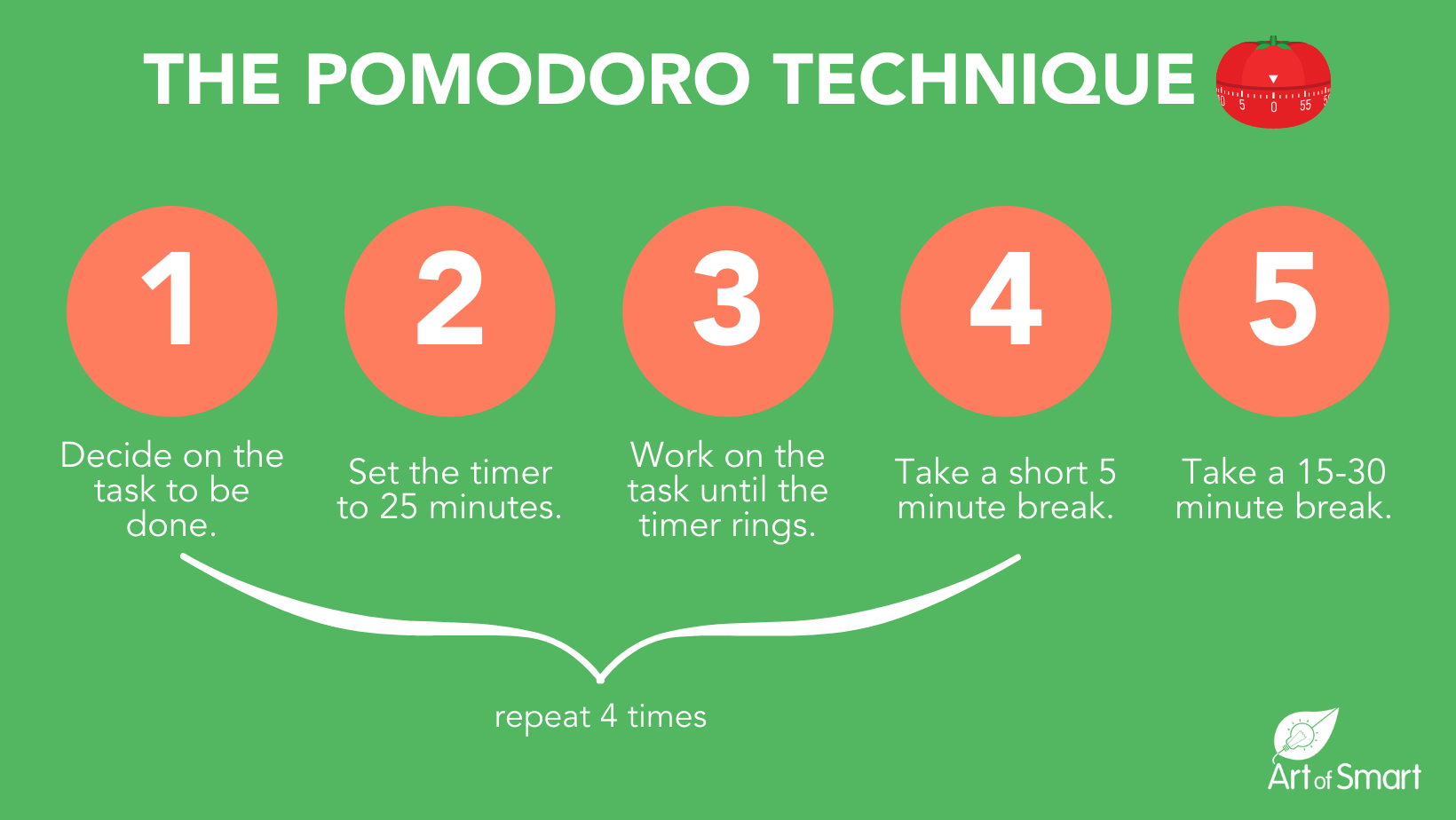
Struggling to survive Trials and in a bit of a panic?
You don’t have to suffer through it alone! We’ve got some top tips on how to manage your physical and mental health, study routines and study spaces to help you study to the best of your ability!
Need support in the weeks leading up to your exams? It’s never too late to start! Get in touch with our expert tutors in Kirribilli and all across NSW!
So what are you waiting for? Let’s jump into our 7 top tips on how to survive HSC Trials!
Tip #1: Look after your body
Tip #2: Get enough sleep
Tip #3: Have a study routine
Tip #4: Have your own study space
Tip #5: Meditate
Tip #6: Avoid stressful people
Tip #7: Remember your why
Tip #1: Look after your body
It’s really important to maintain healthy eating habits and exercise regularly during Trials!
We can often forget to look after ourselves in the midst of study. Simple things like taking a shower every night or morning, eating 3 meals a day and getting some vitamin D can go a long way!
You can use your break time in between study to take your mind off things and whip yourself up a healthy snack or meal — who knows, you might even find that you enjoy cooking!
If you do like to snack while studying, maybe swap out those chips and shapes for nuts, fresh fruit or muesli bars. Also swap out those fizzy drinks and energy drinks for some plain ol’ good water — keep hydrated, people!
If you’re struggling to keep active while studying, maybe try going for a walk during one of your breaks. If you really feel as though you can’t part with your study, take your flashcards with you or listen to your notes on an audio recording.
Studying for hours on end can also create some serious back pain! Don’t forget to stretch every half an hour or so to keep the blood pumping through your body.
If you need a bit of motivation to get active, why not ask a friend over after you’ve both finished your study to go for a walk/jog or even go to the gym together?
Tip #2: Get enough sleep
Students often overlook the importance of sleep when it comes to period of heavy study.
But let me just tell you that sleep is almost as essential as studying itself! Studies show that the quality of your study will be reduced if you haven’t had enough sleep!
This means you won’t be able to recall as much information nor be able to memorise information as easily.
For any person to function, we need at least 8 hours of sleep! Although, for teenagers, they need at least 9 to 9.5 hours of sleep!
That’s right 9 hours!! So, rather than cramming until the early hours of the morning, make sure you’re getting to bed by at least 10 to make sure you’ll be able to study and perform at your best.
So it’s time to stop those 3am cram session and get to bed! Going to sleep late will also make it harder for you to wake up the next morning at a reasonable hour and get in enough study time, which brings me to my next point…
Tip #3: Have a study routine
Having a regular study routine can be really beneficial to building up strong study skills!
I found that during Trials, setting up my day as though I was still at school really helped me.
I liked having a bit of a sleep in, so I would always start my day at 10 and finish up by 4. If you factor in lunch and break times, you could still get up to 5 hours of study done in a day!
For example, wake up at 9, have some breakfast and be ready to start studying by 10. Then, you may want to study for an hour, have a 15-minute break and then by 12, take a longer 30-minute break for lunch then start up your routine again.
Having regular breaks helps maintain your concentration level and can actually make studying more productive! If you have set break times, you’re less likely to procrastinate and be unproductive.
If you find that you can’t study for an hour, the Pomodoro technique may be for you!
What’s that? I hear you ask.
The Pomodoro technique is a time management method where you undertake 25 minutes of study and then take a short break before getting back to your 25 minutes of study again.

There are apps you can download on your phone or laptop to help you study using the Pomodoro method! Some include PomoDone, Focus Booster and Focus Keeper which you can check out here!
Also make sure that you’re not studying for just one subject every day, as you’ll begin to feel the urge to do something else. That’s why it can be helpful to spend the morning studying for 1 subject and the afternoon for another!
If you manage to keep to your schedule and wrap up by 4, you still have the whole afternoon and evening to do whatever you like, i.e. catching up with friends, watching a movie or whatever it is that you like to do in your spare time.
Tip #4: Have your own study space
Having your own study space can make a world of difference when you’re studying for long hours.
If you don’t have the right study space, you begin to notice things like how stiff your chair is, how your desk isn’t at the right height or even how little space you have!
This is why it’s important to make sure your study space has:
- A desk suited to your height
- A comfortable chair
- Enough space for your laptop, textbooks, notebooks and pens
- Ventilation
- As minimal foot traffic as possible
- Quiet
- A pleasant smell
All of these things can contribute to your concentration and make studying much more enjoyable!
Having the same study space that you use each day can also help you build a routine which can actually improve your study!
Avoid having a different study space each day, as it just means you’ll have to check for all of these factors each time you come into a new environment but also means you’re never in a routine.
Strong routines build strong study skills, so find a great study space and stick to it!
Tip #5: Meditate
Trials are an incredibly stressful period for many students, which is why it’s important to be able to manage any anxiety or stress you may be feeling.
If you struggle to fall asleep after studying because your mind is going crazy with all these thoughts, or you’re struggling to concentrate on studying because you feel so overwhelmed, you’re probably having a bit of anxiety.
It’s times like these when I like to take 10 minutes to do a quick meditation or practise mindfulness.
Mindfulness is when you’re fully aware and present in your mind and body. You’re aware of every touch that your body makes to the ground, every breath you take and every thought that passes through your mind.
It takes a bit of practice to nail mindfulness, but essentially it helps you to not react or become overwhelmed by things. It is the act of noticing thoughts and feelings, then just letting them go.
I struggled with anxiety when I was in Year 11 and 12, so I found seeing a therapist incredibly helpful, but when I was on my own I liked to practice mindfulness.
You can download apps onto your phone such as Headspace which have some great meditation routines for any part of the day!
It’s great to be proactive about your mental health, so if you are struggling, don’t be afraid to reach out for help and see your school counsellor, a therapist or even just talk to a friend.
For more support, you can visit Headspace and Beyond Blue which provide mental health support services.
Tip #6: Avoid stressful people
On the morning of the exam you’re bound to come across someone who is stressing that they “don’t know everything” or maybe one of those people who recites their notes aloud and annoys the heck out of everybody.
You don’t want to be one of these people nor be anywhere near these people on the morning of your exam.
Steer clear of them if you can and just focus on YOU! It all comes down to your performance at the end of the day, so don’t worry about how much other people have studied or whether they’re going to do better than you.
Give yourself a pep talk on the morning of the exam — you know your stuff, you can do this, you will nail this exam! Because you simply will!
This will get you in the right head space, ready to ace your exam!
Tip #7: Remember your why
It can be easy to forget why you’re willing to put yourself through Trials. You get so preoccupied with studying that you can often forget what you’re doing this for.
If you’re ever feeling unmotivated, losing focus or are struggling to survive Trials, remember your why — the reason you’re doing all of this.
Was it because it’s compulsory? So you can ‘x’ it off your calendar? So you can cross it off your ‘to do’ list?
The answer is, probably not — it was probably something bigger than that.
Maybe it’s to achieve your goal ATAR, get into your dream course, see how well you can do in the HSC or make your parents proud.
Whatever it is, remember it! This is what’s going to keep you going when times get tough.
Are you looking for a tutor to help you ace the HSC and survive Trials?
We pride ourselves on our inspirational coaches and mentors!
We offer tutoring and mentoring for Years K-12 in a large variety of subjects, with personalised lessons conducted one-on-one in your home or at one of our our state of the art campuses in Hornsby or the Hills! You can also get some support from our expert Blacktown tutors.
To find out more and get started with an inspirational tutor and mentor get in touch today!
Give us a ring on 1300 267 888, email us at [email protected] or check us out on TikTok!
Hayley Tighe is a Year 12 student who enjoys going to the cinemas, but most especially the drive in. Choosing to study both Extension English 1 & 2 for Year 12 was one of the best decisions she’s made this year – besides saving up to buy her very much loved car!


